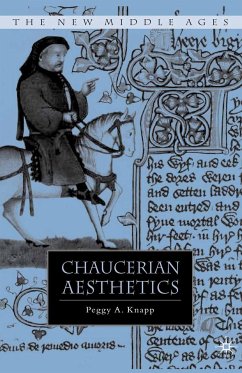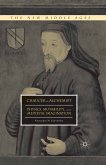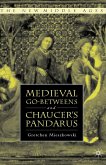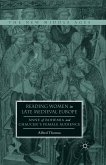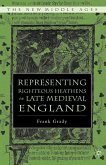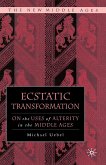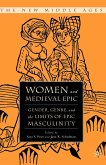Dieser Download kann aus rechtlichen Gründen nur mit Rechnungsadresse in A, B, BG, CY, CZ, D, DK, EW, E, FIN, F, GR, HR, H, IRL, I, LT, L, LR, M, NL, PL, P, R, S, SLO, SK ausgeliefert werden.
"An original and highly engaging book. Knapp seeks to reintegrate aesthetic considerations into Chaucer criticism, through a defense and illustration of interpretation which takes pleasure in the beauty of the text. Skillfully interweaving medieval and modern theories of imagination and art, she succeeds admirably in positioning Chaucerian poetry within a valorizing regime of the aesthetic ." - Alastair Minnis, English Department, Yale University

